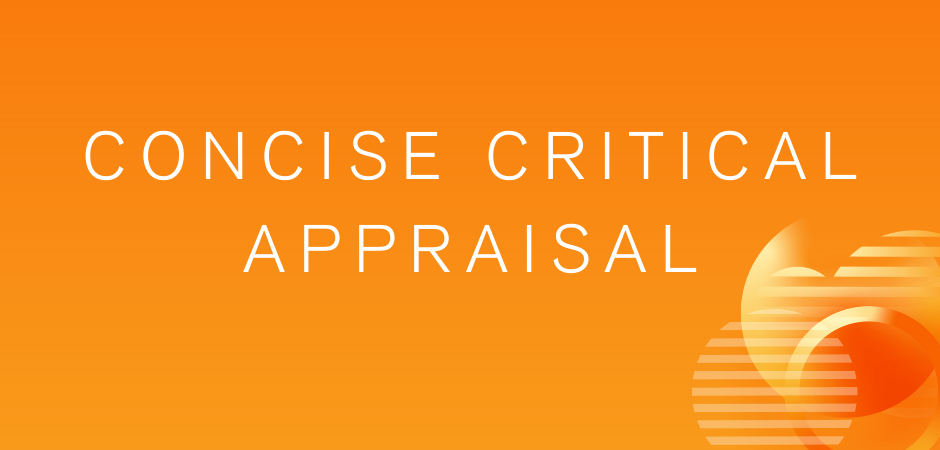
Out-of-hospital cardiac arrest (OHCA) is one of the most challenging disease processes to approach in an evidence-based manner. There has not been a compelling study to support the use of any medications in OHCA. Epinephrine, however, has been a mainstay of treatment. Given the limitations of clinical trials in OHCA, prior studies approaching this question have either been underpowered or contained some design or implementation flaws. Overall, there has been some indication that epinephrine may improve return of spontaneous circulation but also may be associated with poor neurologic outcomes. The PARAMEDIC2 trial (Perkins GD, et al. N Engl J Med. 2018;379:711-721) promised to be the first large randomized controlled trial to examine the effects of epinephrine during OHCA.
This study was conducted across five ambulance services in the United Kingdom’s National Health Service from December 2014 to October 2017. In total, 10,623 patients with OHCA were screened. Of those, 8,103 were eligible for the study. Patients who were younger than age 16 years, pregnant, thought to arrest due to asthma or anaphylaxis, and those who received epinephrine before study-trained paramedics arrived on scene were excluded. Eligible patients were randomized to either epinephrine or placebo groups during their resuscitation following advanced cardiac life support guidelines. Baseline characteristics of the two groups were similar. The primary outcome was 30-day survival. At 30 days, 3.2% survived with epinephrine versus 2.4% with placebo. The adjusted odds ratio for survival with epinephrine was 1.47 with a number needed to treat of 112. Of the secondary outcomes, survival at different time intervals from arrest were all significantly increased in the epinephrine group, and survival with favorable neurologic outcomes was similar. However, there were substantially more surviving patients in the epinephrine group who had severe neurologic deficits compared to the placebo group (31.0% vs. 17.8%).
Although survival is seemingly better with the use of epinephrine, the data appear to indicate that the patients who survive have a high likelihood of poor neurologic outcomes. The number needed to treat, as presented here, is high and in itself does not support the use of epinephrine, given the morbidity associated with survival. There was also a very low survival rate for OHCA in this study overall. Many communities and ambulance services record better survival than the 3% found in this study. This may have been affected by a delay in getting study-trained personnel to the resuscitation sites and the availability of bystander CPR. The literature generally indicates that advanced life support interventions are most effective early in the resuscitation; in this study the median time to study drug was over 21 minutes. However, these difficulties reflect real-life challenges when treating OHCA.
This study definitely raises the question of whether we are improving patient-centered outcomes with the use of epinephrine in OHCA. The results probably should not be applied to in-hospital arrest; further research is needed in this area. This study adds to the daily conundrum in critical care of whether prolonging life is worthwhile if the quality of that life is poor. Contrarily, it would be wrong to jettison treatment strategies that may be beneficial for a select group of patients. Certainly more work is needed to develop this look at improving downtime before interventions and bystander CPR, dosing of epinephrine with hemodynamic guidance of resuscitation, and other concomitant interventions such as extracorporeal CPR and targeted temperature management. What we do see, however, is that while epinephrine marginally improves survival, that survival is not without costs to our patients, their families, and the healthcare system.
Coauthors of this installment of Concise Critical Appraisal:
Neil Dasgupta, MD, is an assistant professor and clinical resuscitation fellow in the Department of Emergency Medicine at Stony Brook Medicine.
Brian J. Wright, MD, MPH, is a clinical associate professor and program director of the Advanced Resuscitation Training Program in the Department of Emergency Medicine at Stony Brook Medicine. Dr. Wright is an editor or Concise Critical Appraisal.